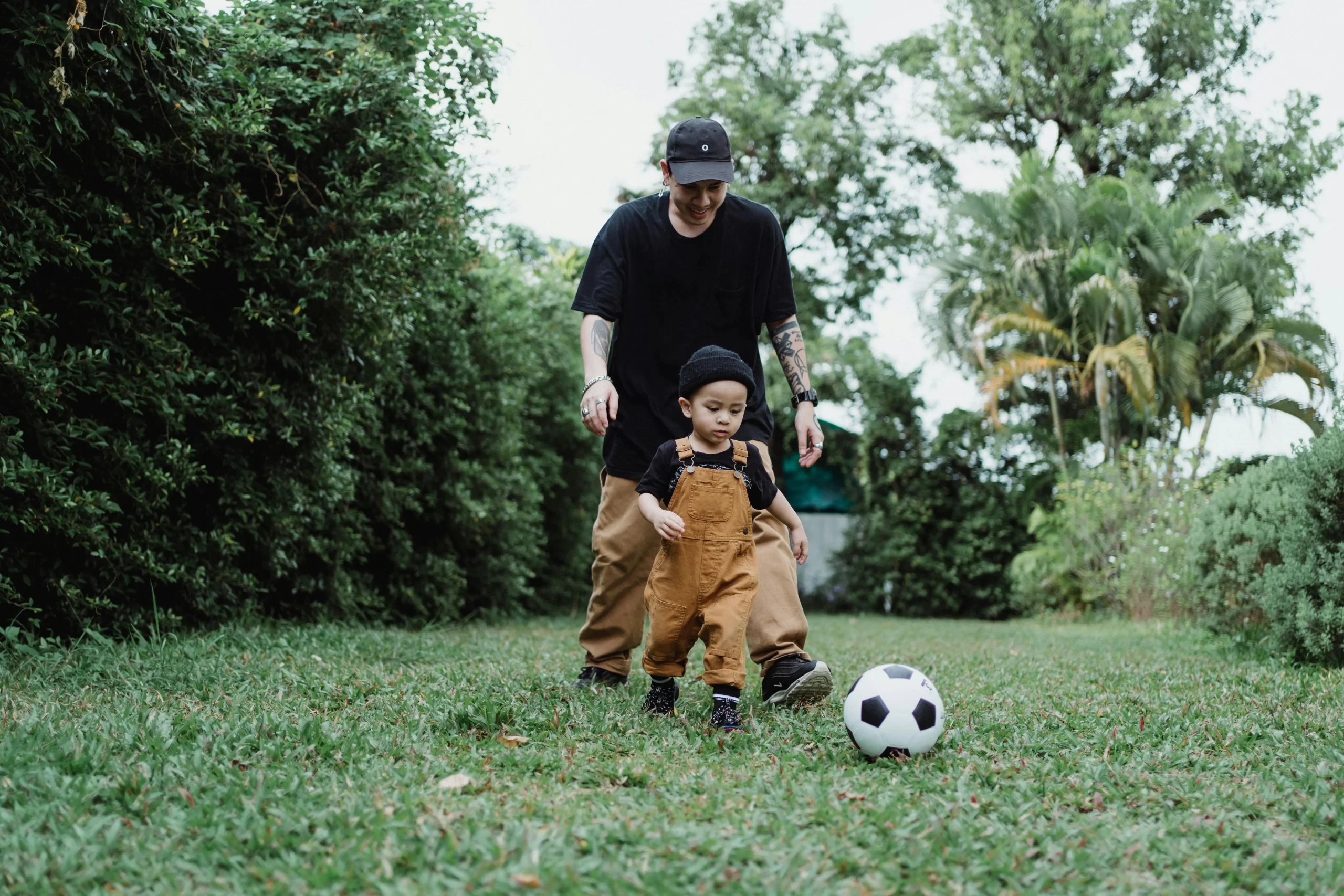How To Overcome Sports Injuries: Essential Recovery Strategies For Athletes
As a parent of an athlete, witnessing your child suffer from an injury can be incredibly challenging. You might feel a mixture of emotions, from frustration to helplessness, as you navigate this tough time alongside them. It’s crucial to remember that injuries, while disheartening, are a part of sports. They can bring unexpected learning experiences, resilience, and opportunities for personal growth. In this post, we’ll explore the steps you can take to support your young athlete through recovery, focusing on both their physical rehabilitation and their mental health. Let’s delve into actionable strategies that can help them heal and come back even stronger.
Understanding the Emotional Impact of Injury
For young athletes, the emotional toll of an injury can often be as overwhelming as the physical pain. They may experience feelings of despair, anxiety about returning to the sport, or even frustration over missed opportunities. Acknowledging these emotions is the first step toward effective coping. Here are some key issues to address:
- Loss of Routine: Sports often define a young athlete’s day-to-day life. The sudden halt can lead to a disruption that requires adjustment.
- Fear of Being Left Behind: Injuries may create anxiety about missing out on team dynamics, competitions, and personal progress.
- Pressure to Return: Young athletes may feel pressure from coaches, teammates, or even themselves to return before they are ready.
Supporting Recovery: Physical and Mental Strategies
To help your athlete cope with these emotional and physical challenges, consider these actionable strategies divided into two primary realms: physical recovery and mental health support.
Physical Recovery Strategies
- Follow a Structured Rehabilitation Program: Collaborate with your child’s medical team to develop a personalized rehabilitation plan. Comprised of gradual strength and mobility exercises, this plan should cater to their specific injury.
- Tip: Ensure the program aligns with their sport-specific needs.
- Encourage Rest and Nutrition: Recovery requires proper rest. Support a balanced diet rich in nutrients that aid healing, such as protein for muscle repair and vitamins B and C for energy and immune support.
- Tip: Involve your child in meal planning to give them a sense of control.
- Monitor Symptoms and Adjust: Pay close attention to your child’s symptoms during recovery. If they experience pain or discomfort, encourage them to communicate with their healthcare providers promptly. Adjustments to their rehabilitation routine might be necessary.
- Troubleshooting: If progress seems slow or the same pain recurs, consult the physician for additional diagnostics.
- Incorporate Alternative Activities: While on the mend, motivate them to explore other forms of physical exercise that won’t hinder their recovery—yoga, swimming, or cycling, for example. This can keep them active without overloading their injuries.
Mental Health Support Strategies
- Foster Open Communication: Create a safe space for your child to express their feelings about missing their sport. Encourage dialogue about fears and frustrations.
- Tip: Use open-ended questions, like “”How do you feel about your progress today?””
- Set Realistic Goals Together: Help your child set achievable short-term recovery goals. Celebrate even the smallest victories to boost morale.
- Example: Completing a specific exercise or achieving improved range of motion can serve as great milestones.
- Involve Them in Team Activities: Encourage your child to stay engaged with their team, even if it’s from the sidelines. Attending practices or games can help them feel connected, reducing feelings of isolation.
- Tip: Suggest they support teammates—perhaps as an assistant coach or cheering section.
- Practice Mindfulness and Visualization Techniques: Encourage your athlete to incorporate mindfulness practices, such as meditation or visualization. This can help manage anxiety and keep their mental focus on positive outcomes.
- Best Practice: Guided imagery can involve visualizing themselves in their sport, performing successfully once they heal.
- Seek Professional Guidance If Needed: If your child struggles significantly with coping, consider consulting a sports psychologist or mental health professional who specializes in athletic injuries.
- Suggestion: Look for local community resources to provide added support.
Transitioning Back to Sport
Once your child reaches a stage where they can return to their activity, approach this transition cautiously:
- Gradual Reintegration: Encourage a step-by-step return to their sport. This could start with modest practice sessions before moving to competitive play.
- Tip: Stay connected with their coach for a fluid transition plan.
- Continue Monitoring Emotional and Physical Wellness: Keep the lines of communication open as your athlete resumes activity. Regular check-ins can help identify any persistent anxieties or physical challenges.
- Celebrate Recovery and Perseverance: Regardless of their performance levels upon returning, celebrate their journey. They have shown resilience and determination, which are invaluable life skills.
Conclusion
Supporting your young athlete through injury recovery is a journey that requires understanding, patience, and commitment. By focusing on both their physical rehabilitation and emotional well-being, you can significantly enhance their healing process. Remember, injuries can serve as a catalyst for growth, teaching them valuable lessons in resilience, empathy, and self-care.
Encourage your athlete to take charge of their recovery. Pause and reflect on their feelings, set actionable goals, and keep communication lines open. Together, you can navigate this challenging time and prepare them to return to their sport even stronger. For more tips and resources, feel free to explore our additional articles on sports parenting!.




